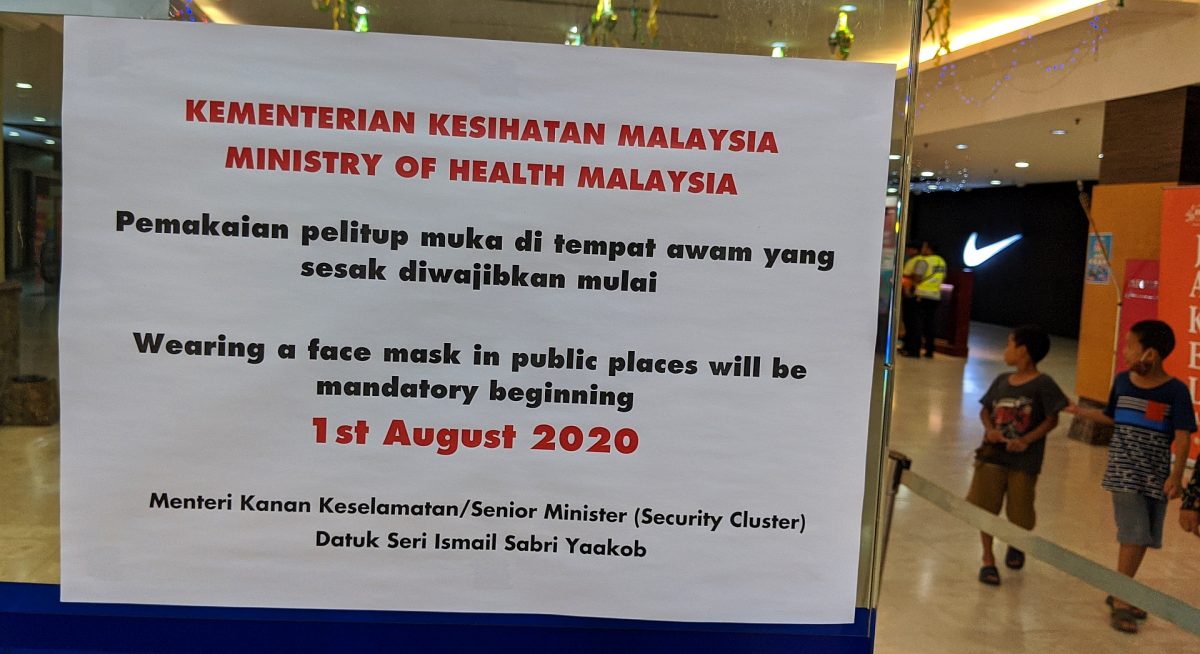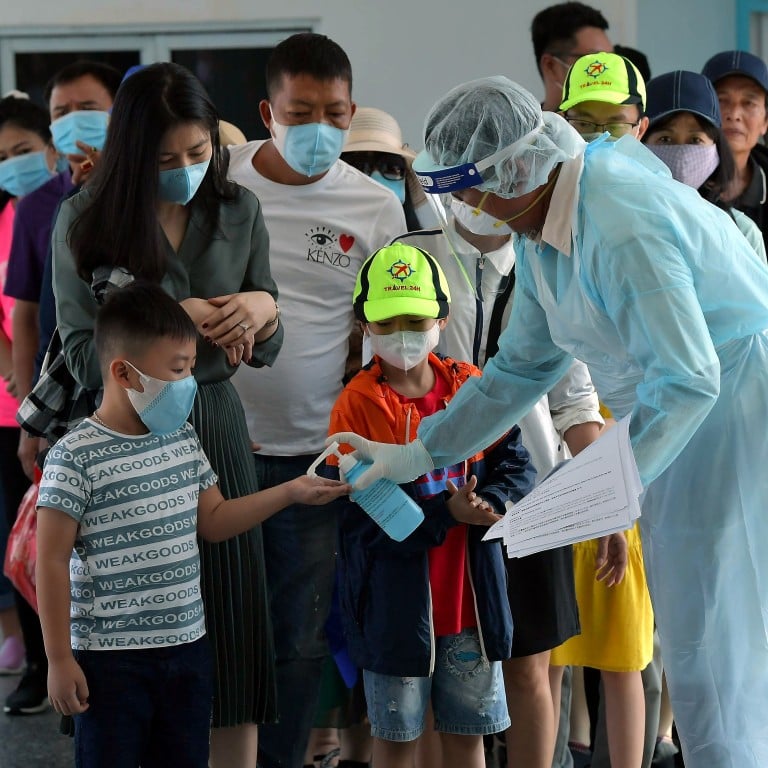Updated August 3
A number of countries around the world which have had relative success battling the coronavirus pandemic are facing new surges, illustrating that this is not a short battle, but rather a protracted war that will have waves of wins and losses before it’s all over. To date, over 18.2 million confirmed cases have been recorded worldwide, with the true number of infections guaranteed to be far higher.
In the United States, by far the hardest-hit country owing largely to a stunningly inept response under the Trump administration, a weeks-long lull during which cases and deaths showed encouraging declines is now nothing but a memory, as a fresh surge of cases has engulfed the southern and western regions of the country. Cumulative cases in the US have now exceeded 4.8 million, and daily new additions of 50,000 to 70,000 are common. Hundreds of Americans are dying of Covid-19 each day; the US death toll from the pandemic now stands at over 158,000, nearly a quarter of all Covid-19 deaths worldwide, despite the US only accounting for about 4% of the world’s population.

Florida, Texas, and Arizona – three hot-weather states with far lower population densities than states like New York and New Jersey, which were epicentres for the outbreak early on – are recording large increases of cases, laying waste to any hope that the warm weather of summer would mitigate the spread of the virus. The southern state of Louisiana, however, is leading the country in number of cases per capita, with nearly 26,000 confirmed cases per 1 million residents.
Current projections show the death toll in the US continuing to rise steadily, with the total dead exceeding 230,000 by the first of November 2020. (Malaysia’s projection, meanwhile, indicates a smoothed curve, with deaths not rising appreciably at all between now and November.)

Mexico, which shares a lengthy border with the United States, is struggling to contain the virus’s spread in recent weeks. The country, with a population of about 129 million, has now logged over 439,000 confirmed cases, with a frightfully high corresponding death toll, now approaching 48,000 – well over 10% of its confirmed cases have resulted in death. For comparison, Japan has a similar population to Mexico, and its death toll is far, far less (8 deaths per million, compared to 370 deaths per million in Mexico).
In Malaysia, meanwhile, health authorities and government officials are anxiously watching the daily data, as the number of cases continues to creep slowly upward. Since the country’s low mark of 63 active cases, recorded on July 9, the number has more than tripled, now standing at 210. Fortunately, daily new cases are still quite low and manageable, but the government has stated that if the new cases should surge to triple digits, they will reinstate the MCO, though to what extent was not made clear.

Masks in public places, notably those which are ‘crowded’ (an admittedly ill-defined term from a policy standpoint), are now mandatory throughout Malaysia, with the new regulation having taken effect on August 1.
Australia, following its initially successful efforts in significantly curbing the spread of the virus, has seen a worrisome flare-up reemerge, largely centred in the state of Victoria, home to the country’s second-largest city, Melbourne. In response, authorities there closed the state’s borders and reimposed some of the lockdown measures that had previously been relaxed. Though Australia’s case numbers for many weeks tracked very closely to Malaysia’s, they have now risen sharply, with just under 18,000 cases and 208 deaths. Malaysia, meanwhile, has logged 8,999 cases and 125 deaths.

As experts have pointed out, these countries are not getting hit with a second wave of the outbreak; on the contrary, most never moved beyond the first wave. As restrictions were eased, nothing took their place (i.e., personal responsibility and vigilance), so with too many people returning to their pre-pandemic ways, as if everything was completely back to normal, the virus was able to rebound.
The reality of a global pandemic is never rosy, and too many leaders have been reluctant to say as much for fear of political backlash. In fact, too many leaders may have been overly hopeful and optimistic, downplaying the genuine threat posed by the virus’s spread, and acting as if they can just “wish it away” or hasten re-openings. (Malaysian officials, on the other hand, have been quite realistic and extremely cautious, which has led directly to the country’s relative success in managing the outbreak.)
According to epidemiologists and public health officials, the greatest likelihood is that this virus will be with us for many more months and a return to true normality will not happen any time soon.

"ExpatGo welcomes and encourages comments, input, and divergent opinions. However, we kindly request that you use suitable language in your comments, and refrain from any sort of personal attack, hate speech, or disparaging rhetoric. Comments not in line with this are subject to removal from the site. "





















